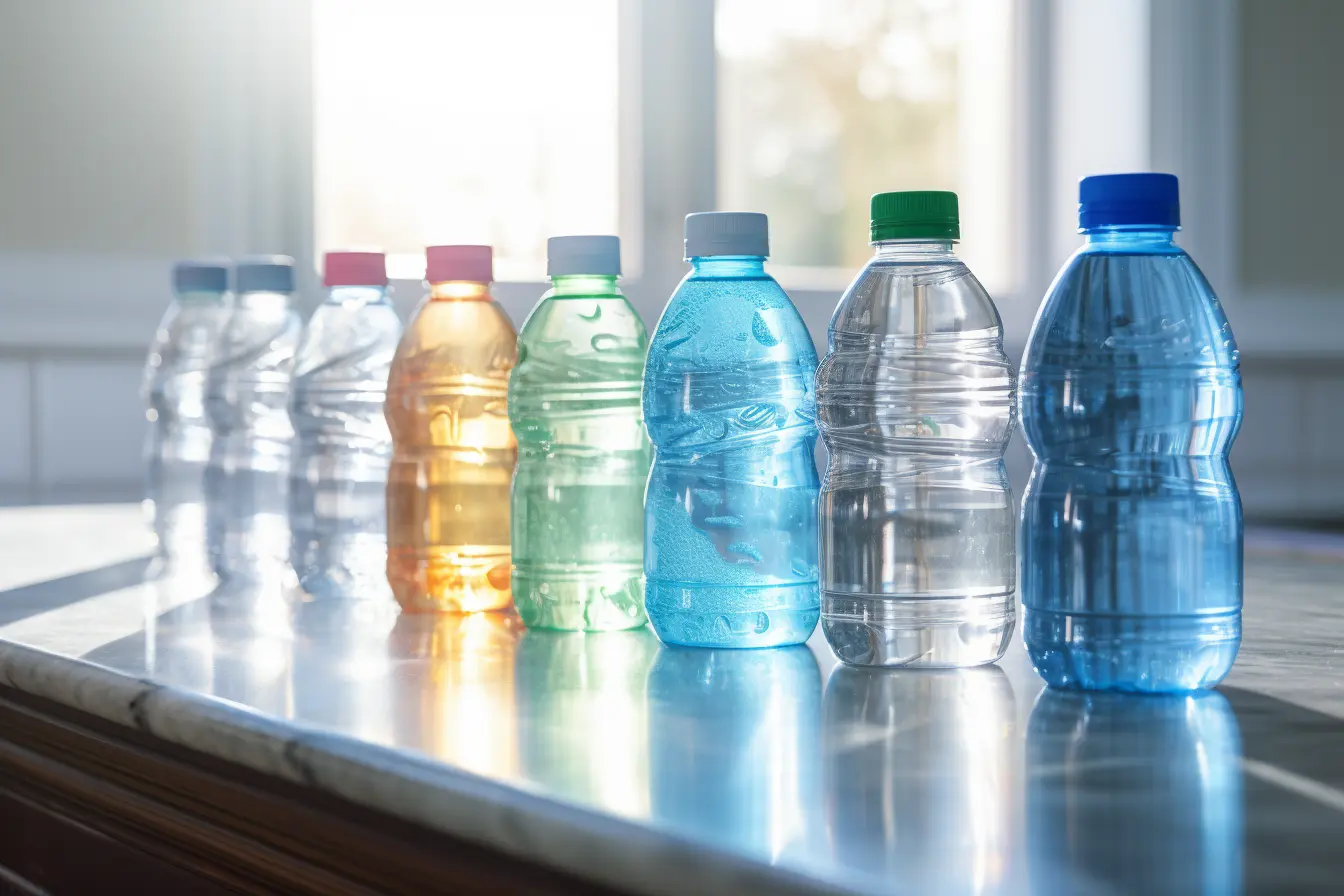- Authors

- Author
- Author
- Name
- Zuzana Slobodova
- Published on
All You Need To Know About Recycling

One of the first septs to a greener future is to learn how to recycle. Recycling plays a vital role in reducing waste, conserving resources, and minimizing the environmental impact of our everyday consumption. As we strive for a more sustainable future, understanding the ins and outs of recycling is crucial. This guide provides essential insights into the world of recycling, helping you make informed choices that contribute to a cleaner, greener planet.
Reduce and Reuse First
While recycling is important, reducing and reusing should be prioritized. Opt for reusable products, avoid single-use items, and consider repurposing or donating items before recycling them. The best recyclable waste is the one which was never created.
Know Your Recycling Symbols
Recycling symbols found on the packaging indicate the material's recyclability. Common symbols include the chasing arrows with numbers, which identify the resin type. Familiarize yourself with these symbols to make informed decisions about what can and cannot be recycled in your area. For example, bottles labeled with numbers 3, 6, and 7 generally cannot be recycled due to the potential release of toxic chemicals and other reasons.
Check Local Guidelines
Recycling programs vary by region, so it's essential to know your local guidelines. Research what materials are accepted, how they should be sorted, and collection schedules. Many communities have dedicated websites or resources to help you understand recycling practices in your area.
Cleanliness Matters
Properly clean and rinse recyclables before placing them in the recycling bin. Contaminants can compromise the recycling process and result in materials being rejected or discarded as waste. Therefore is better to do a quick rinse, which is also going to help to keep the smell at bay.
Focus on the Basics
While advancements in recycling technology continue, focus on the core materials: paper, cardboard, glass, metal, and plastics with recycling codes #1 (PET) and #2 (HDPE). These materials are widely accepted and have established recycling infrastructure. Lots of nonrecyclable plastic materials are made with toxic ingredients which you don’t want to bring into your home in the first place.
Say No to Wishcycling
"Wishcycling" is the act of tossing items into the recycling bin without certainty that they can be recycled. This can lead to contamination and disrupt the recycling process. When in doubt, refer to local guidelines or contact your recycling provider.
Recycling Electronics and E-Waste
Electronics and e-waste require specialized recycling. Many communities offer drop-off locations or collection events for these items to ensure proper disposal and resource recovery. Why is this important? Many electronic devices contain hazardous materials such as heavy metals and toxic chemicals. When e-waste is disposed of improperly and ends up in landfills or incinerators, these harmful substances can leach into the soil, water, and air, posing serious risks to human health and the environment.
Composting Matters
Food waste and organic materials can be composted rather than being sent to landfills. Composting reduces methane emissions and enriches the soil, contributing to a circular economy. When food waste ends up in landfills, it undergoes anaerobic decomposition (decomposition in the absence of oxygen), producing methane gas as a byproduct. Methane is a potent greenhouse gas that is significantly more effective at trapping heat in the atmosphere compared to carbon dioxide. Composting, on the other hand, promotes aerobic decomposition, which produces less methane.
Buy Recycled Products
Supporting the demand for recycled products closes the recycling loop. Look for items made from post-consumer recycled materials, which helps create a market for recycled goods.
Educate and Advocate
Spread awareness about recycling practices within your community. Advocate for improved recycling infrastructure, policies, and sustainable practices. You may think that people don’t want to hear about your green tips, but from my own experience I know, that people care and sometimes they just don’t have the right information at hand. Spread the knowledge you have to help create a greener future.
Summary
Recycling is a powerful tool in the fight against environmental degradation and waste. By understanding recycling symbols, adhering to local guidelines, and prioritizing reduction and reuse, we can collectively contribute to a more sustainable future. By taking small yet impactful steps, you become an agent of positive change, helping create a cleaner, greener world for generations to come.